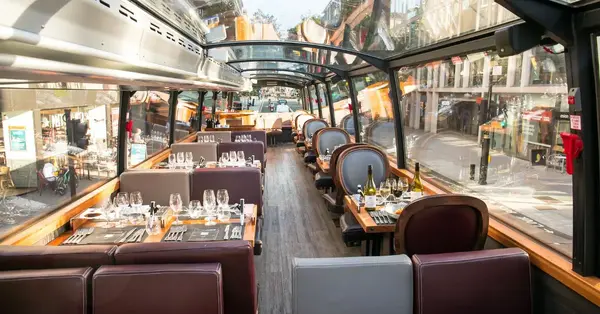You are viewing 1 of your 2 free articles
Travel industry could learn from fashion sector on sustainability, says Abta expert
The travel industry could learn lessons from the fashion sector on reducing waste, according to Abta’s head of sustainability.
Carol Rose pointed to the growth in interest in vintage or ‘pre-loved’ clothing and suggested a similar approach could be applied to products in the tourism industry.
She said: “The travel industry is used to challenges and overcoming them when they present themselves.”
Rose, who previously worked in the fashion sector, was among the panellists in a ‘circular economy’ session during Spain’s Sustainability Day in London on Wednesday.
It can be difficult for travel sellers to highlight sustainability messages to customers at the point of sale because clients are mainly concerned about destination and cost, Rose said.
But she insisted key messages can be communicated by displays in hotel rooms, for example, once the customer is on their trip.
“Engage them in a story around the circular economy and what that means,” said Rose, who joined Abta two years ago.
Reducing food waste and extending the lifespan of hotel furniture are among the ways that the tourism industry can apply circular economy principles, Rose said. She added that hairdryers and electric shavers are examples of hotel products that should not necessarily be thrown away when they start to break down.
“Employ disruptive thinking to your own way of doing things,” she said.
Nadine Pinto, global sustainability manager at The Travel Corporation (TTC), said it was unfortunate that the travel industry had yet to fully embrace circular economy principles.
She said practices employed by TTC brands include using food waste for future recipes, offering glass bottles instead of plastic and halting the distribution of branded merchandise on tours.
Gabriel Llobera Ramis, marketing and communications manager at Garden Hotels, said the business set up by his grandfather had started using artificial intelligence to help with waste management.
He encouraged others in the industry to form their own “circularity” strategies, adding that buying local was an effective tactic.
“We should get things done like our grandparents used to,” he said.


















